Search Results for: industries
Unicellular
Unicellular organisms are organisms consisting of one cell only that performs all vital functions including metabolism,... Read More
Biochemistry & Molecular Biology of Plants
Biochemistry & Molecular Biology of Plants ... Read More
Biodiversity
The biological world or life on earth is a marvel that has amazed us since time immemorial. The rich natural diversity of... Read More
Dehydration reaction
What is dehydration synthesis? A dehydration reaction is a form of biochemical reaction wherein a water molecule is lost or... Read More
Examples of Natural Selection
Reviewed by: Mary Anne Clark, Ph.D. Darwin's Finches Darwin's finches are an excellent example of the way in... Read More
Pollution in Freshwater Ecosystems
As with all ecosystems, the existence and operations of human society inevitably have an effect on the way of life in a... Read More
Galacto-oligosaccharide
Definition noun plural: galacto-oligosaccharides ga·lac·to·ol·i·go·sac·cha·ride An oligosaccharide made up of... Read More
Demographic transition
The demographic transition model is a theoretical framework that explains the historical shift in population dynamics as a... Read More
Neuropsychology
Definition noun The scientific study of the physiological basis of psychological processes Supplement Neuroscience is the... Read More
Monounsaturated fat
What is monounsaturated fat? Monounsaturated fats are healthy dietary fats. They are liquid at room temperature. Unlike... Read More
Polymorphism
Polymorphism Definition The occurrence of two or more different forms or morphs in the population of a species is referred... Read More
Redox reaction
Redox Reaction Definition What are redox reactions? This is a common term in chemistry and biology. In chemistry, a redox... Read More
Biotechnology
Biotechnology Definition Biotechnology is a technology that uses biological systems or living organisms for a particular... Read More
Nucleic acid
Nucleic Acid Definition A nucleic acid refers to any of the group of complex compounds consisting of chains of monomers of... Read More
Fermentation
Fermentation Definition What is fermentation? Fermentation is the breaking down of sugar molecules into simpler compounds... Read More
Natural selection
Natural Selection Definition What is natural selection in biology? Natural selection is defined as a process in nature... Read More
Mātauranga Māori and Science
By: Maria Victoria Gonzaga In the previous lesson, we learned about the various methods used in measuring... Read More


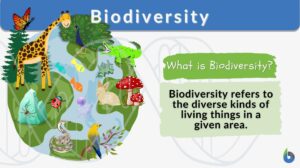




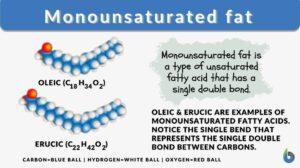
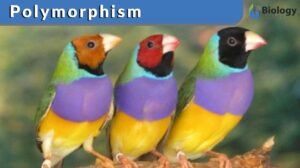

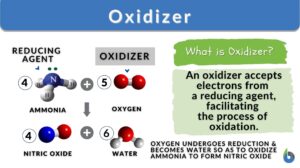

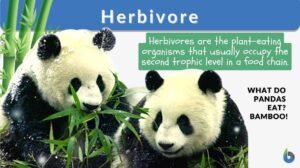



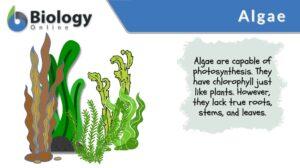


![Botany n., [ˈbɑt.ə.ni/] botany definition and example](https://www.biologyonline.com/wp-content/uploads/2019/10/botany-definition-and-example-300x168.jpg)



